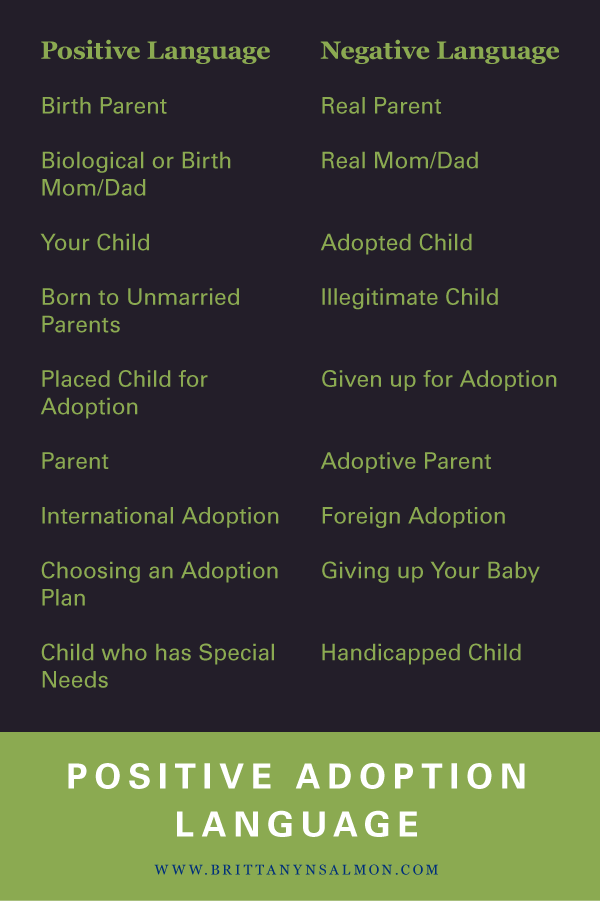Our family stands out.
We can’t go to a grocery store without someone stopping and asking us questions about each of our children. For starters, we have identical twin daughters with bright blonde hair and piercing blue eyes. Like typical four year olds, they are feisty and sweet with a touch of sass. The amount of commentary we receive on them alone is enough to write a whole other blogpost, but to add to the excitement we also have a son who doesn’t look anything like us at all.
You see, our son joined our family through the blessing of adoption. He is a beautiful, strong black boy. He is smart and kind and loves to laugh loudly at his sisters. Put that combo together in a grocery store and we’re magnets for conversation starters. Some people stare. Some people are kind. But our diverse family draws attention in a homogenous world in which we tend to surround ourselves with people who think, look and act like us.
One day while standing in the checkout line, a well-intended fellow believer approached our family and commended us on the pro-life stance we took by adopting. I smiled and said, “Yes, we are pro-life, but our son’s birth mom is the true hero; she’s the one who should be commended for her pro-life choice. We really are the lucky beneficiaries of her brave love.”
She shifted uncomfortably and replied, “Well she got herself into that mess and I just can’t imagine anyone giving up a child so beautiful. He’s so lucky to have you, but I guess you’re right. At least she didn’t abort him.”
Cringing at the insensitivity of a conversation that I have had more times than I’d like to admit, I graciously tried to excuse myself and left the store heart-broken for the state of the pro-life agenda in our churches.
You see, pro-life is more complex than simply being against abortion and for saving babies. We’ve pigeonholed the conversation in an effort to fight for the right to life. And while we should fight against abortion with all our might, I believe Scripture calls us to so much more. Yes we fight for life, but we fight for all life.
In Scripture, we are called to care for the orphan and the widow (James 1:27). We are also called to “do justly, love mercy, and walk humbly with our God” (Micah 6:8). But most importantly, we are given the greatest commandment to be our guide: “Love the Lord your God and love your neighbor as yourself” (Matt 22: 27-29).
So what does this mean in a world where we’ve narrowed the narrative on pro-life stances? How can the church talk about adoption using a holistically pro-life approach?
1. Widen the conversation.
When we talk about adoption, let’s realize there are more image-bearers involved than just infants. Birth parents, birth grandparents, biological siblings, a child, an adoptive family and many hard working social workers and lawyers are involved in the process.
Every step of adoption offers us an opportunity to proclaim the redemptive work of our Lord amidst brokenness. Every choice affords us an opportunity to widen our eyes and open our hearts to people that God wants to minister to. Not just the tiny babies, but also the women who find themselves with an unwanted pregnancy.
For a follower of Christ, being pro-life isn’t merely a political stance; it’s a posture of love.
2. Use pro-life and pro-adoption language in the conversation.
If you serve a local church and are pro-life, it is vital for you to relearn how to talk about adoption in a way that honors all parties involved. This shift in language not only blesses the families in your congregations that choose adoption, but it also blesses the unwed mothers and women facing an unwanted pregnancy.
The children who have been adopted aren’t a ministry project; they’re people. The women who choose adoption for their child aren’t stereotypes; they’re image-bearers. And the families who are choosing to adopt aren’t saints; they’re broken people in need of a Savior just like everyone else.
In order for our churches to be safe-havens for these women, children and adoptive families, we must shift our language from a shame-based tone to one of grace and redemption. If you are unsure of what this looks like, check out this chart of adoption-friendly language to help get you started. But make no mistake, this shift is more than an exchange between vocabulary words. It’s a shift of the heart. Before we can fully care for the orphan, our hearts must also care for their mothers and fathers.

3. After the conversations, take action.
This step seems to be obvious, but the goal is that these conversations would ignite change. As we already discussed above, being holistically pro-life will involve sacrifice. It will involve time, resources and much perseverance.
It will involve a more thorough set of eyes and a ready heart, but when the time comes I pray that our churches’ orphan care ministries will be more than just adoption and foster care onramps. My hope is that orphan prevention will also be a fully functioning ministry with people who are passionate about caring for single parents, women facing unwanted pregnancies and the under-resourced areas in our communities.
For a follower of Christ, being pro-life isn’t merely a political stance; it’s a posture of love. And our love is fueled by our Savior’s greater love, a love so generous that it literally gave its life away. At the root of it all, this is what being pro-life is all about. It’s giving away our rights so that others have the right to life.
This post originally published on Apr. 18, 2017.



Comments and Pingbacks
2018-03-15 23:19:42
5 Articles to Prepare for Mothers Day: 'Mommy Wars,' Miscarriage, Adoption, Parenting & Proverbs 31 | Intersect
[…] Read More […]